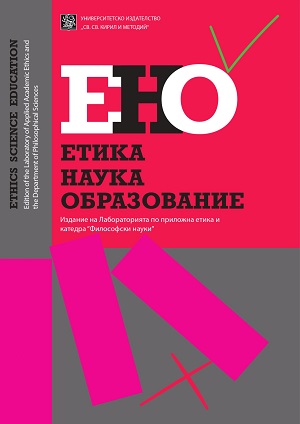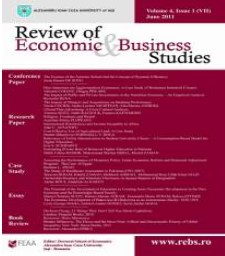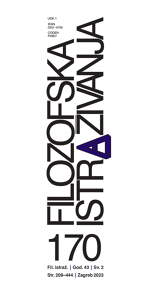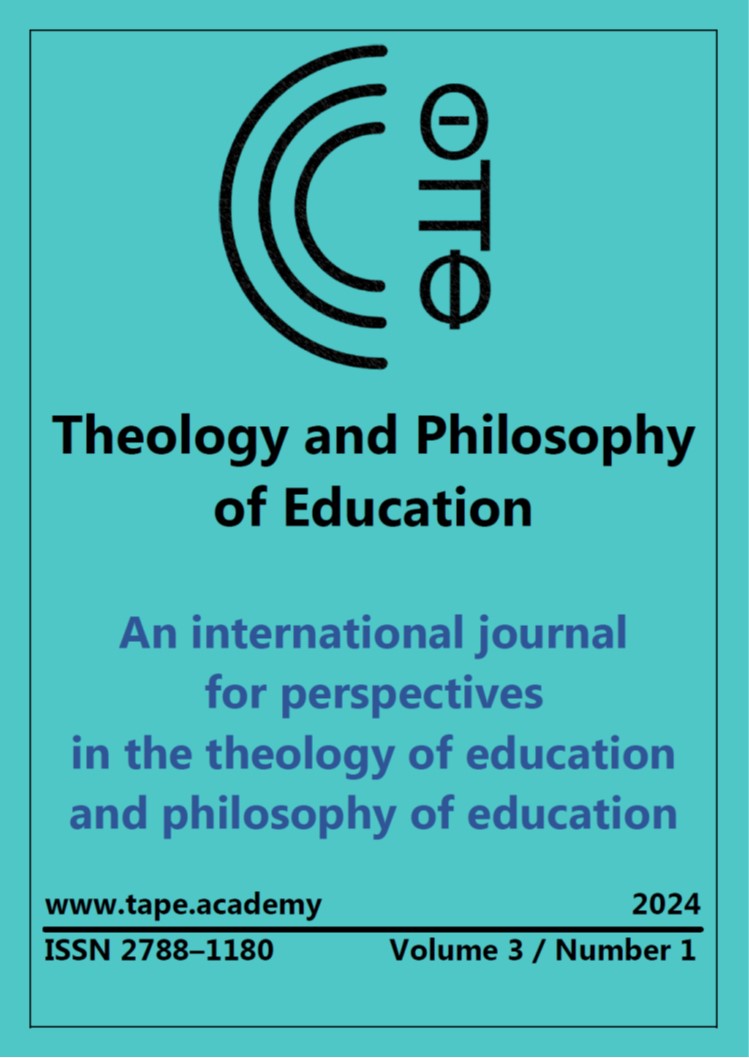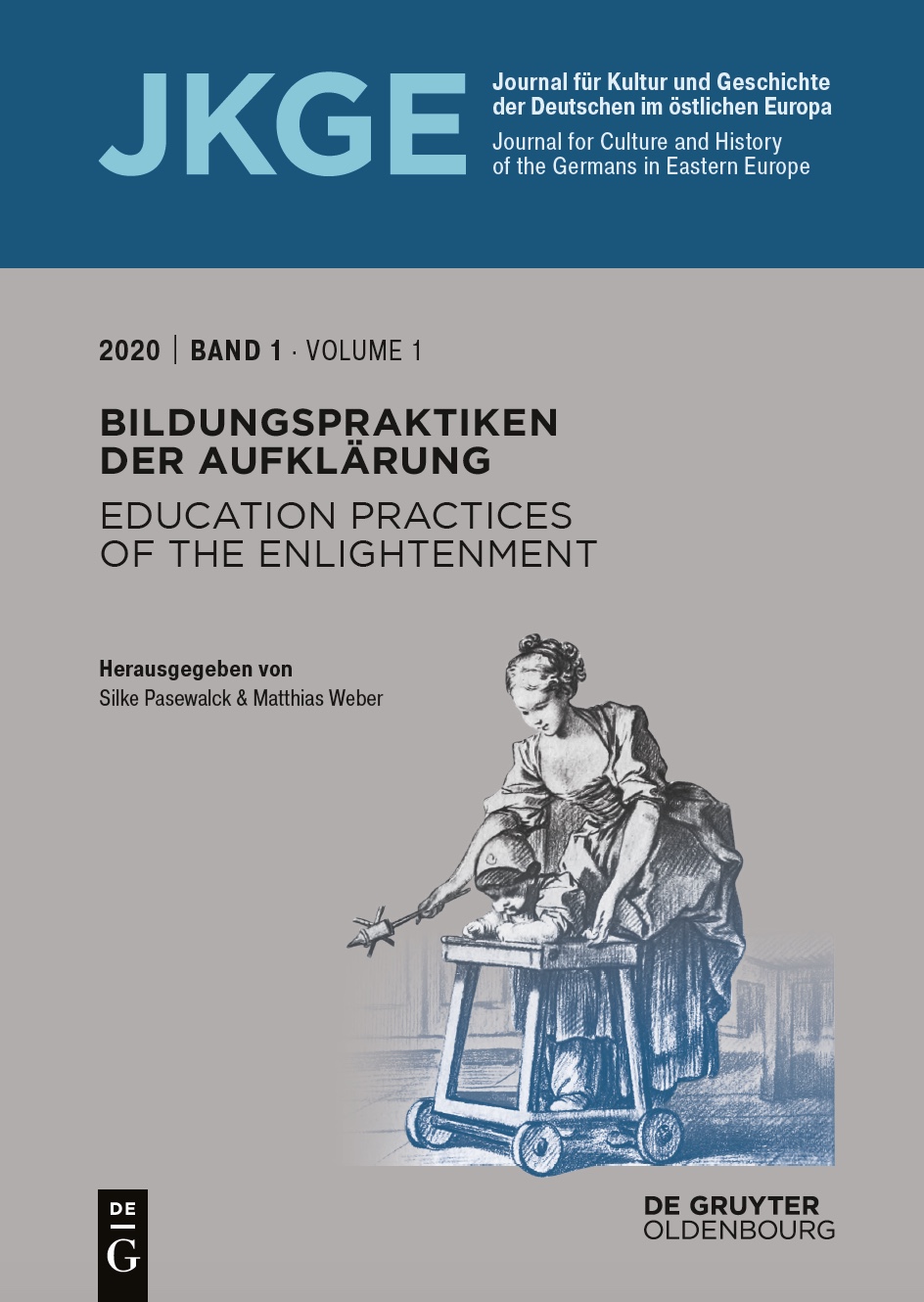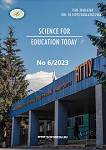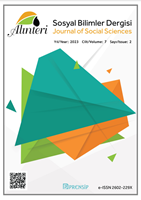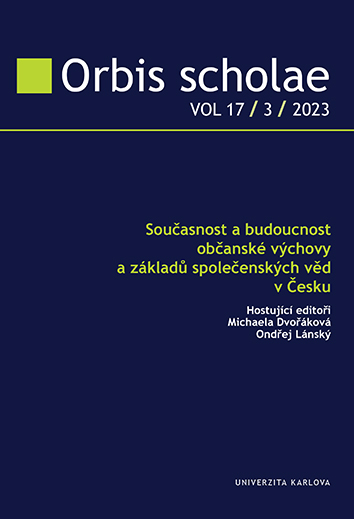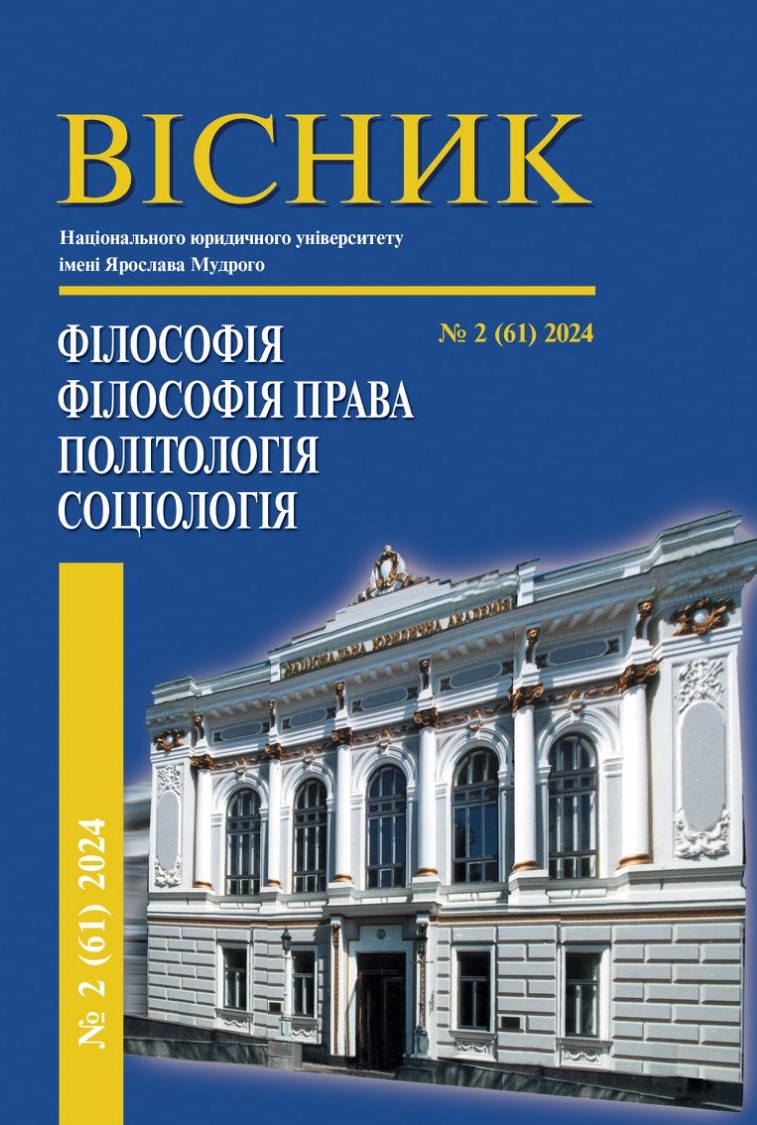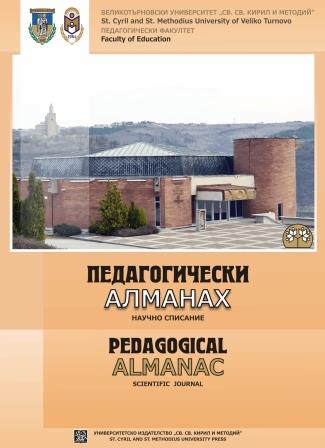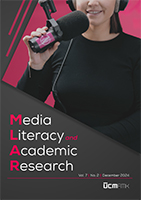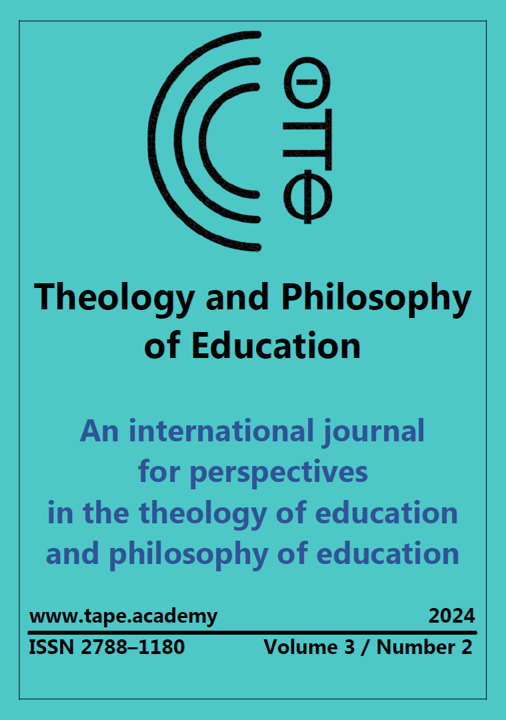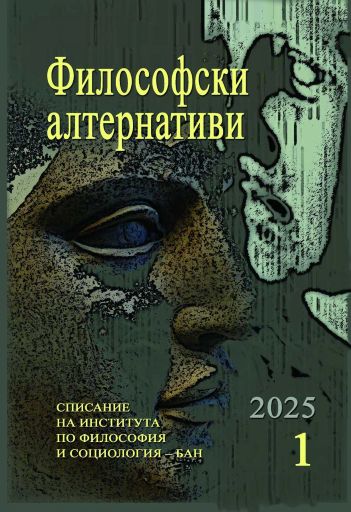OBRAZOVANJE I (DELIBERATIVNA) DEMOKRATIJA
The question of the importance of education in democracy is as old as democracy itself. Greek thinkers devoted much of their fruitful oeuvre to the concept of education, aiming at realization of better and more just life in the community. Modern thinkers, especially Locke, Rousseau and Mill, showed great interest for the issue of education of citizens in the democratic societies of their time. Dewey emphasized the importance of education in democracy like no one before, or after him. He devoted a significant part of his extensive work to the question of the role of and the kind of education that is fundamental for the members of community who want to prepare for participation in public life, in the best possible way. The issue of interrelation of democracy and civic education completely neglected after Dewey, again become relevant with appearance of deliberative democracy. Following Dewey’s tradition, I will argue that the form of democracy that calls for broad participation of citizens in solving public problems requires some education. The ability of people to participate in public deliberation depends on whether they have acquired certain skills, values and knowledge.
More...
